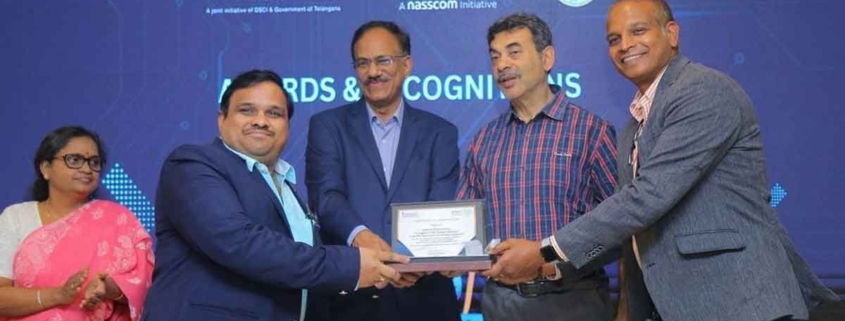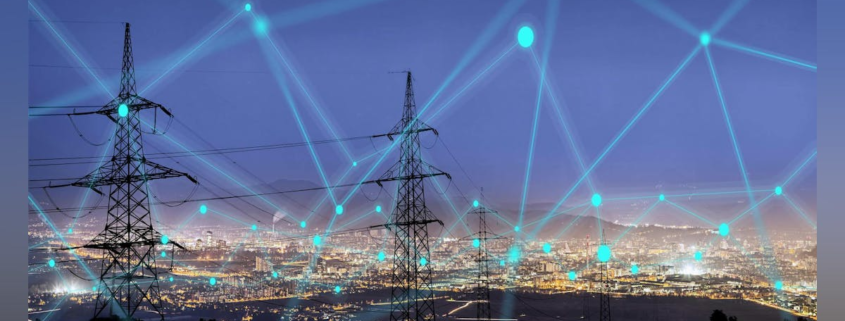Can We Balance Security And Privacy? Thoughts 10 Years After Snowden
Hi, I’m Matthias, cofounder of Tuta, a secure email service. We are innovation leaders in encrypted communication and collaboration.
More than 10 years have passed since Edward Snowden revealed the worst surveillance scandal of the FBI and the NSA in U.S. history. His revelations sparked a vivid discussion—one that can be looked at with more precision now that the heated debate that started one decade ago has settled: How can we balance the security and privacy requirements of our modern societies?
Snowden brought some of the most intrusive surveillance programs of U.S. authorities to light, the most prominent ones being PRISM, XKeyscore and Boundless Informant. Once the public started to understand how much of their private data they willingly share online is being siphoned off, analyzed and scanned, the question arose whether this form of surveillance is required to keep citizens safe or violate citizens’ privacy rights without measurable benefit.
Balancing Security And Privacy—Is It Possible?
The delicate balance between security imperatives and the fundamental right to privacy must be discussed openly by every society. As an expert in encryption and cybersecurity, I am absolutely certain that the Snowden leaks not only exposed the extent of government surveillance but also underscored the urgent need for strong end-to-end encryption to protect the privacy of citizens and businesses alike. At the same time, encryption must not stand in the way of national security, which is what government authorities often claim it would do, but better ways to protect citizens are possible.
First of all, it’s essential to note that our internet as it exists today would not be possible without strong end-to-end encryption. We use it every day for online banking, sharing sensitive medical information, messaging or communicating via email. Encryption is the only technical measure we have to protect data online, not just from our own authorities to eavesdrop on it, but also from malicious attackers, economic espionage or state-sponsored surveillance of foreign countries such as China or Russia. Encryption is the very foundation of our modern web and the basis of any cybersecurity…




